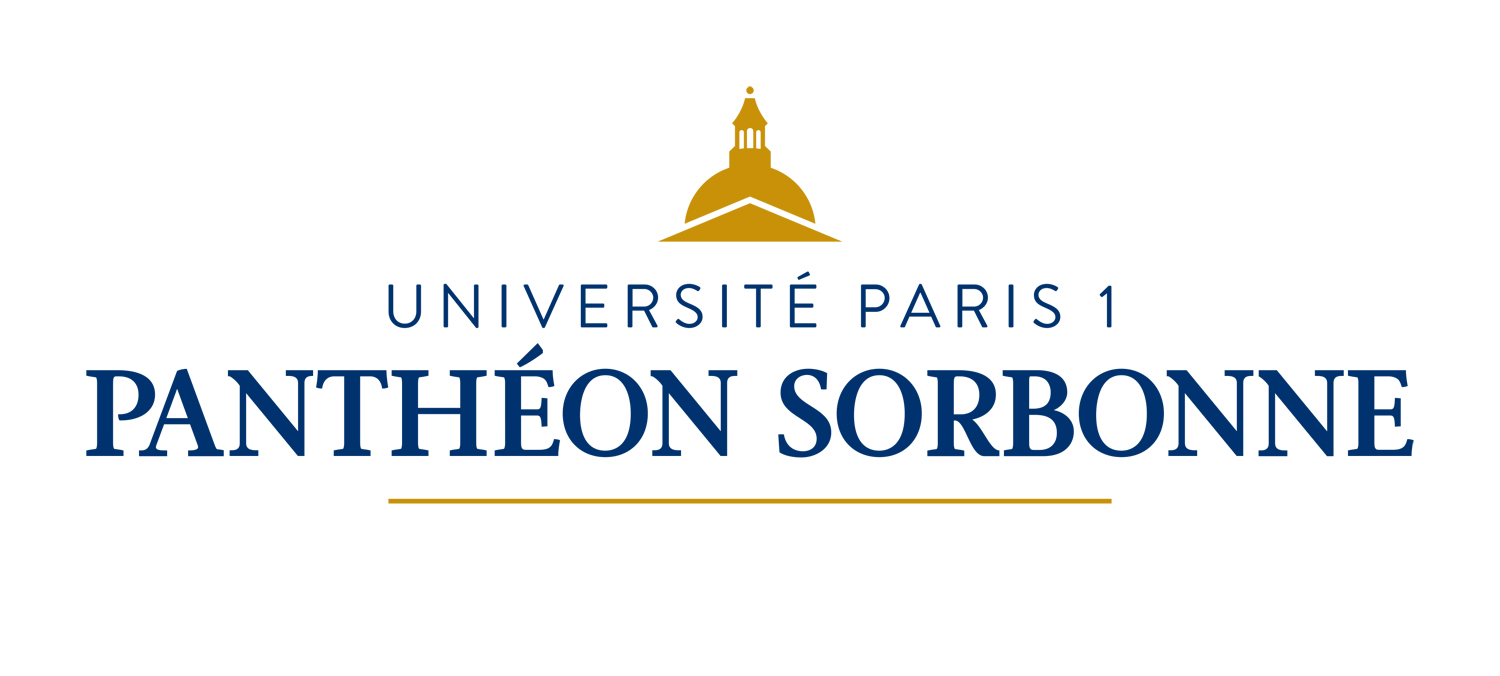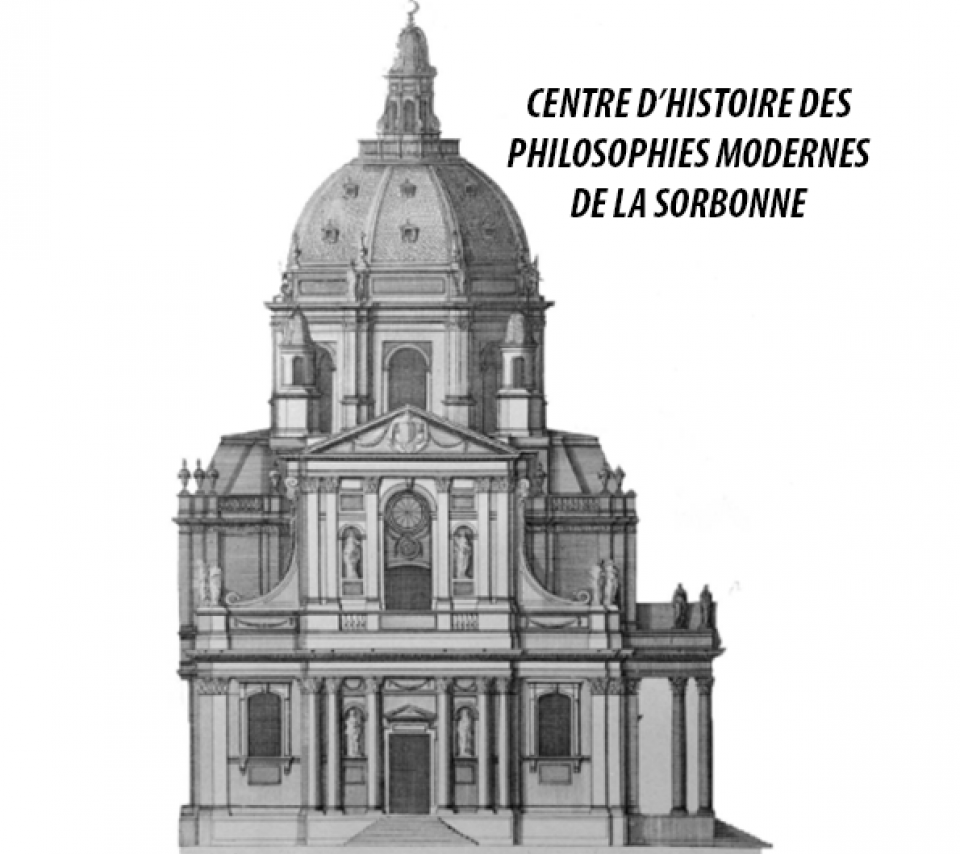Hegel and the "Form of Being" : elements for a theory of reference in the Science of Logic
Hegel et la "forme de l’être" : éléments pour une théorie de la référence dans la Science de la logique
Résumé
The study of Hegel’s Logic we offer here aims to provide some clarification on the matter of its applicability. The Science of Logic has no other content than itself. A logic which would undertake the question of truth (and not only of validity) should pass over the presupposition that form and content are separate from one another, but overtaking that question in such a way cannot be understood as merely abolishing a so-called immediacy in a global and « idealistic » mediation by the form. The idea that immediacy is a simple appearance, which should be demystified by revealing mediations that give it its structure cannot allow to forget the question of the meaning of immediacy. We cannot cast aside immediacy; we should rather understand and analyse it as a logical effectuation. In so doing, we intend to interpret Hegel’s design as radicalising the thesis of the discursiveness of thought. The requirement involved by such a radicalisation is to understand the articulation between form and the difference that form is. The structure of the relation to otherness gives way to a new position of the problem of application, reframed by the absence of presupposition, that is, as Hegel puts it, by the necessity for the Logic to be a science. In this dissertation, we would like to question the problem of application through an original theory of reference, that emerges in the Science of logic. We would like to study such a theory in two passages inside the « Objective Logic »: the theory of nomination in the Logic of Being, and the theory of judgement in the Logic of Essence.
L’étude que l’on propose de la Logique hégélienne entend fournir des éclaircissements sur l’applicabilité de celle-ci. La Logique parle d’elle-même comme de son propre contenu. Dépasser la présupposition d’une extériorité de la forme et du contenu serait la tâche d’une logique qui prendrait en charge la question de la vérité (et non seulement de la validité), mais un tel dépassement ne doit pas prendre le sens d’une abolition pure et simple de toute immédiateté supposée du contenu dans une médiation totale et « idéaliste » de la forme. L’idée d’une simple apparence d’immédiateté qui devrait faire l’objet d’une démystification par le dévoilement des médiations qui la structurent ne doit pas évacuer le sens de l’immédiateté. Celle-ci n’est pas tant à dépasser qu’à comprendre et qu’à analyser comme effet logique. Pour ce faire, nous comprenons la démarche hégélienne comme une radicalisation de la discursivité de la pensée. Celle-ci entraîne la nécessité de penser l’articulation de la forme à la différence qu’elle est. Ainsi, la structuration de ce rapport à l’altérité permet de poser à nouveaux frais le problème de l’application. Celle-ci est profondément retravaillée par l’impératif de scientificité tel que Hegel le formule de manière précise comme absence de présupposition. Dans ce travail, la question de l’application est pensée à partir d’une théorie originale de la référence, que la Logique contribuerait à tracer. Nous voudrions l’étudier dans deux présentations à l’intérieur de la « Logique objective » : tout d’abord comme théorie de la nomination dans la Logique de l’être, et comme théorie du jugement dans la Logique de l’essence.
| Origine | Version validée par le jury (STAR) |
|---|

